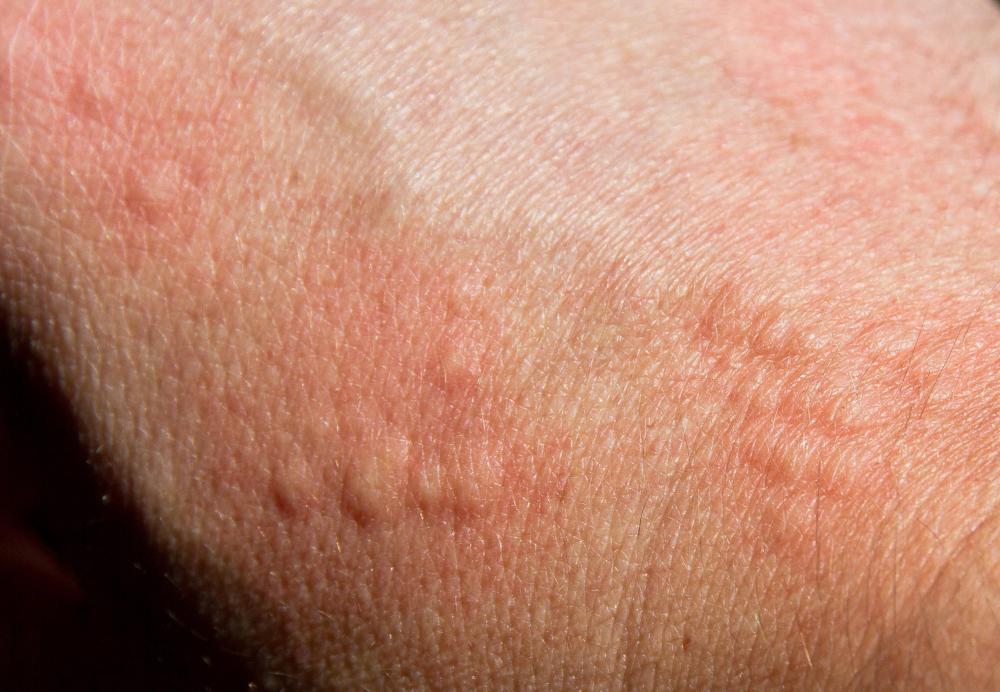At WiseGEEK, we're committed to delivering accurate, trustworthy information. Our expert-authored content is rigorously fact-checked and sourced from credible authorities. Discover how we uphold the highest standards in providing you with reliable knowledge.
What are the Medical Uses of Rehmannia Glutinosa?
Rehmannia glutinosa, or sheng di huang, is a Chinese herb commonly used as a natural treatment for numerous health conditions. In traditional Chinese medicine, it has been used to treat general hearing loss and ringing of the ears, called tinnitis. The substance is rich in antioxidants and other constituents — including norcartenoids, glycosides, iridoids, and alcohols — which have been shown to exhibit anti-inflammatory, anti-microbial, and anti-tumor activity.
Rehmannia glutinosa has been purported as a treatment for rheumatoid arthritis, an autoimmune disease that causes joint inflammation. Its proponents claim its anti-inflammatory activity reduces this swelling, and with it, the pain associated with the disease. There have been few peer-reviewed studies showing it can reduce any symptoms of rheumatoid arthritis, however.

Chinese studies have shown rehmannia glutinosa may help treat chronic kidney inflammation, or chronic nephritis, and hives, also known as urticaria. These experiments claim to have shown the anti-inflammatory activity found in its constituents, namely its iridoids, significantly reduces the inflammation caused by these conditions. The studies were also never peer-reviewed by any journal or medical organization, however, and are not considered to be factually-accurate by many doctors.

There is sufficient evidence that rehmannia glutinosa may help treat aplastic anemia, however. This disorder is a health condition that prevents bone marrow from producing enough blood cells, causing weakness, fatigue, and shortness of breath for those that suffer from it. The herbal treatment can help reduce the duration and severity of this condition. There is also some evidence that rehmannia glutinosa can reduce the side effects caused by drugs used in chemotherapy and those used to treat the human immunodeficiency virus (HIV).

Herbalists commonly use rehmannia glutinosa with licorice as a treatment for high blood pressure, or hypertension. Herbalists believe it can safely reduce blood pressure, mitigating some of the more serious side effects of hypertension. Left untreated, that condition can lead to an aneurysm, impaired thinking, stroke, heart attack, or heart failure. Proponents also claim it can help treat health conditions related to blood loss, including spotting between menstrual periods, hemorrhoid bleeding, and the fatigue and stress associated with premenstrual syndrome (PMS). There is no verifiable scientific evidence that rehmannia glutinosa can help treat any of these conditions, however.
AS FEATURED ON:
AS FEATURED ON:














Discuss this Article
Post your comments